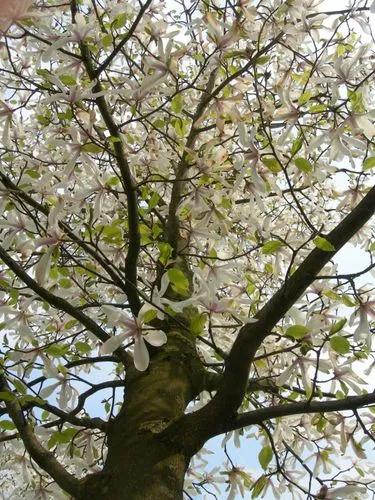The shrub veronica or hebe plant (Hebe x andersonii) is a New Zealand shrub from the family of the brown-root family (Scrophulariaceae). Among the approximately 140 species of the genus Hebe, the leaf and flower ornamental plant stands out due to its cultivation. Apart from the attractive appearance, the breeding goals are also the winter hardiness. The plants in need of warmth have become known as tub plants and are often offered in autumn as flowering beauties for pots and balcony boxes. They are usually disposed of in winter, but you can also spend the winter and enjoy them again next year.
Hebe Plant Care
Hebe Andersonii



How to Care for the Plant

Water

Keep Hebe andersonii moderately moist and avoid waterlogging. In hot summers you have to take care in tubs and balcony boxes that the soil never dries out completely. Once the root balls are dry, it is difficult for the tub plants to recover from the drought stress.

Fertilizer

You can tell whether a shrub veronica needs fertilizer by the fact that it is stagnating as it grows. Potted plants usually have sufficient fertilizer in their growing medium for the first few weeks. After that, liquid fertilizer with as little lime as possible is added to the irrigation water every two weeks. From August you should stop fertilizing so that the plants do not go too mastig into the winter.

Sunlight

Hebe andersonii loves it bright, but not full sunny. She needs warmth, but doesn’t like it too hot. Above all, the newer colorful-leaved varieties prefer cooler places in the semi-shade. If, on the other hand, they are too shady, they do not optimally develop the leaf pattern.

Soil

hebe plant loves a permeable soil. Mix normal potting soil with a third of sand and clay granulate in equal parts. If you plant out the New Zealander during the season, you can put the same mixture in the planting hole.

Temperature

hebe plant is wintered in a bright, cool place at five to ten degrees Celsius. A cold house is ideal. Outside, most varieties of shrub veronica taper off at minus five degrees Celsius. Depending on the weather, you can clear out the wintering plants from March onwards in order to acclimatise them slowly.

Popularity

802 people already have this plant 130 people have added this plant to their wishlists
Discover more plants with the list below
Popular articles






